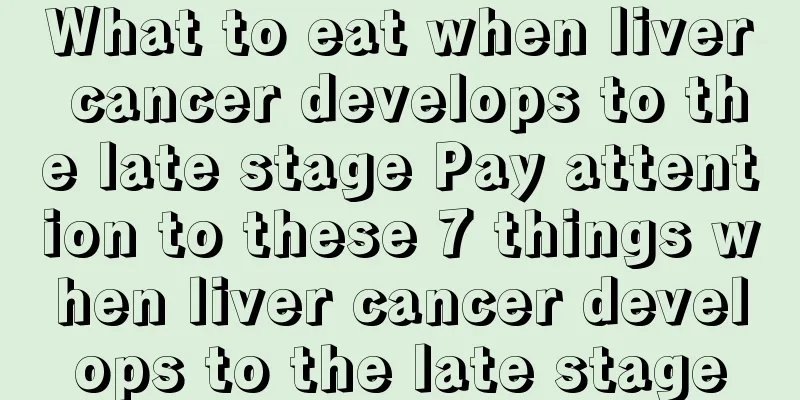Does gastric perforation require surgery? What are the dietary taboos for patients with gastric perforation?

|
As we all know, gastric perforation surgery is the best way to treat gastric perforation, but many elderly people have serious traditional concepts and are unwilling to use surgical methods for treatment. They believe that conservative treatment can completely cure gastric perforation. So does gastric perforation require surgery? Let’s take a closer look at it below! Generally speaking, gastric perforation requires surgical treatment, especially in older patients, who are more likely to have cancerous perforation than in younger people. In addition, their ability to withstand the inflammatory response after developing bacterial peritonitis is also weaker, which is more dangerous and life-threatening in severe cases. Of course, if the perforation occurs on an empty stomach, conservative treatment can be tried, but the changes in the condition must still be closely observed and surgical treatment must be prepared at any time. Patients should pay special attention to dietary taboos 1. Avoid eating too much. Eating too much will cause a large amount of food to stay in the stomach for a long time, which will increase the stomach pressure and make the ulcers prone to bleeding or rupture. 2. Avoid hard food. Hard or difficult-to-digest foods (fried beans, fried peanuts, fried foods, etc.) can cause mechanical wear on the ulcer surface, causing bleeding or perforation. 3. Avoid drinking alcohol. Alcohol can stimulate the blood vessels in the gastric mucosa, causing spasm and ischemia, increasing gastrointestinal motility, leading to recurrence of ulcers and bleeding and perforation. 4. Avoid drinking soda. Sodium bicarbonate dissolved in soda can produce a large amount of carbon dioxide gas, which increases the pressure in the gastrointestinal tract and can easily cause perforation of the stomach and anterior wall of the duodenal bulb. 5. Avoid drinking strong tea or coffee. Patients with chronic gastric ulcers should not drink strong tea, because strong tea irritates the gastric mucosa and makes the stomach more painful. 6. Avoid excessive greasy food. Fried, deep-fried, and oily foods are often difficult to digest and increase the burden on the stomach. 7. Avoid cold food. It will stimulate gastric acid secretion and damage ulcer lesions. 8. Avoid emotional changes. Mental stress or excessive fatigue can cause digestive disorders, leading to worsening or recurrence of ulcers. 9. Avoid overheating food. Hot food can dilate gastrointestinal blood vessels and aggravate bleeding. 10. Avoid sweets. Sweet foods can irritate the gastrointestinal mucosa, cause acid reflux and fever, and increase discomfort. |
<<: What are the symptoms of gastric perforation? It turns out there are four types
>>: Is gastric perforation serious? What are the symptoms of gastric perforation?
Recommend
The dangers of autohemotherapy
Autohemotherapy is actually a treatment method th...
Can bronchoscopic biopsy diagnose lung cancer?
Can bronchoscopic biopsy diagnose lung cancer? 1....
What are the dangers of liver cirrhosis
Cirrhosis is a very serious disease, and its inci...
Is it good to eat animal offal? What vitamins does it contain?
In life, I believe that many people like to cook ...
How to repair liver damage after taking medicine
The liver is an organ in the human body that bear...
The efficacy and harm of jade mattress
Many elderly friends like to pay attention to thi...
Nursing methods after colon cancer surgery
Nowadays, surgical treatment of diseases has beco...
Where does the pain usually occur in the late stage of prostate bone metastasis?
Prostate bone metastasis usually refers to prosta...
What are the methods for opening oysters
Oysters are quite common in our seafood market. T...
What is the difference between mung bean sprouts and soybean sprouts?
Soybeans and mung beans are both very common thin...
What are the benefits of rubbing your face with watermelon peel
Watermelon is not only good for eating, but also ...
There are several ways to check for skin cancer
Skin cancer is one of the most common cancers. It...
How is gastric cancer examined?
Symptoms of early gastric cancer include dull pai...
Tips for disinfecting the interior of your car
Today's living standards are getting higher a...
What are some quick ways to get rid of acne marks
Acne is something that every young person has exp...









